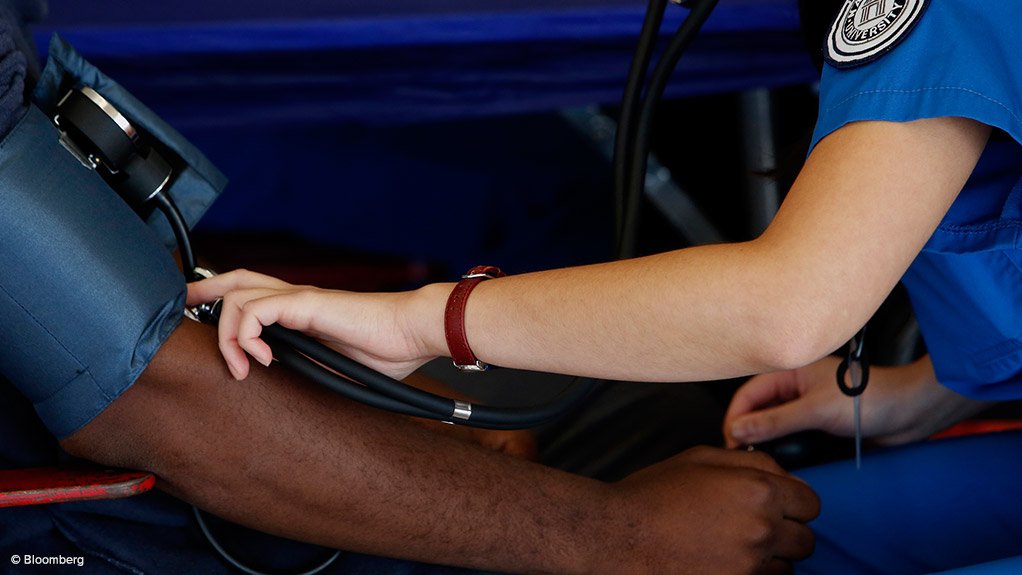Solidarity noted it will on Friday serve government court documents which it said could bring the implementation of the National Health Insurance Act (NHI) to a halt.
Earlier this month, President Cyril Ramaphosa signed the NHI Bill into law amid significant criticism from political parties and civil society organisations.
The organisation said that the serving of court papers came after Ramaphosa did not withdraw the legislation before Thursday’s deadline set by Solidarity’s legal team.
In its court papers, Solidarity said the NHI was invalid, urging Ramaphosa not to bring the Act into force, as it said it was technically flawed, depriving it of its legality.
“The reason is because there is no start date for the scheme, as required by section 59 of the NHI Act – an omission detected by Solidarity’s legal team when they analysed the legislation,” said Solidarity CE Dr Dirk Hermann.
Hermann highlighted that the notice in the Government Gazette does not put the law into effect.
He added that the notice did not comply with the requirements determined by the NHI Act for implementation of the Act saying any action arising from the notice would be “illegal.”
Solidarity deputy CE Anton van der Bijl explained that these obvious “technical shortcomings” showed how negligently the Act, as it was published in the Government Gazette, was cobbled together.
Hermann noted Ramaphosa’s “hasty” signing of the Bill and what he termed the obvious technical flaws, saying it confirmed that this was “reckless vote-garnering.”
“The correct promulgation of the Act still needs a lot of work. The government is not ready for that. Therefore, they signed quickly and created the impression among the public that the Act has been implemented,” he explained. .
According to Van der Bijl, Solidarity also stated in the court documents that the NHI Act was “impracticable, unnecessary and totally unaffordable”.
He noted the research conducted by the Solidarity Research Institute (SRI) indicating that the NHI scheme will cost about R660-billion a year, or around R300-billion if the current budget for public healthcare was subtracted from that figure.
“…based on this, it is inevitable to come to the conclusion that the State plans to strangle an already overburdened population with additional taxes by means of a destructive surtax, a VAT increase or a payroll tax,” added Bijl.
He said this research conducted by SRI cannot be contested as the State failed to do a cost analysis of its own that could contradict it.
“…therefore, the affordability of the NHI cannot be proven, and neither can the manner of implementation be proven,” he said.
Van der Bijl said Ramaphosa acted “extremely irresponsibly and contrary” to the Constitution by signing the Act, he said.
Meanwhile, Ramaphosa said the NHI was an opportunity to “break with the prevailing inequality” in South Africa’s health system. He also called on stakeholders to work with government to ensure the NHI operated successfully.
Other civil society organisations and political parties have also threatened legal action following the controversial signing of the NHI Bill.
EMAIL THIS ARTICLE SAVE THIS ARTICLE ARTICLE ENQUIRY
To subscribe email subscriptions@creamermedia.co.za or click here
To advertise email advertising@creamermedia.co.za or click here











